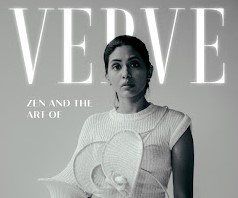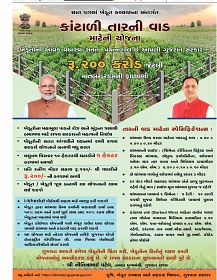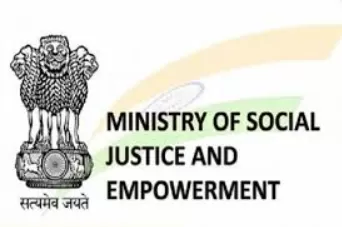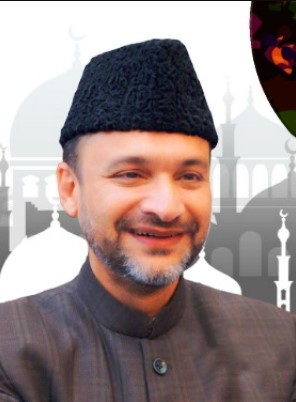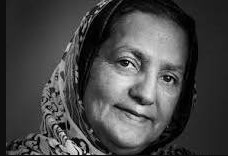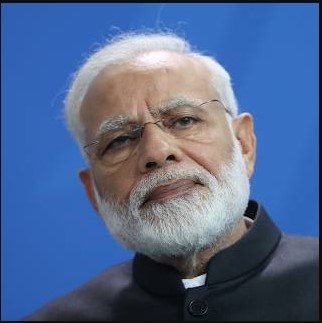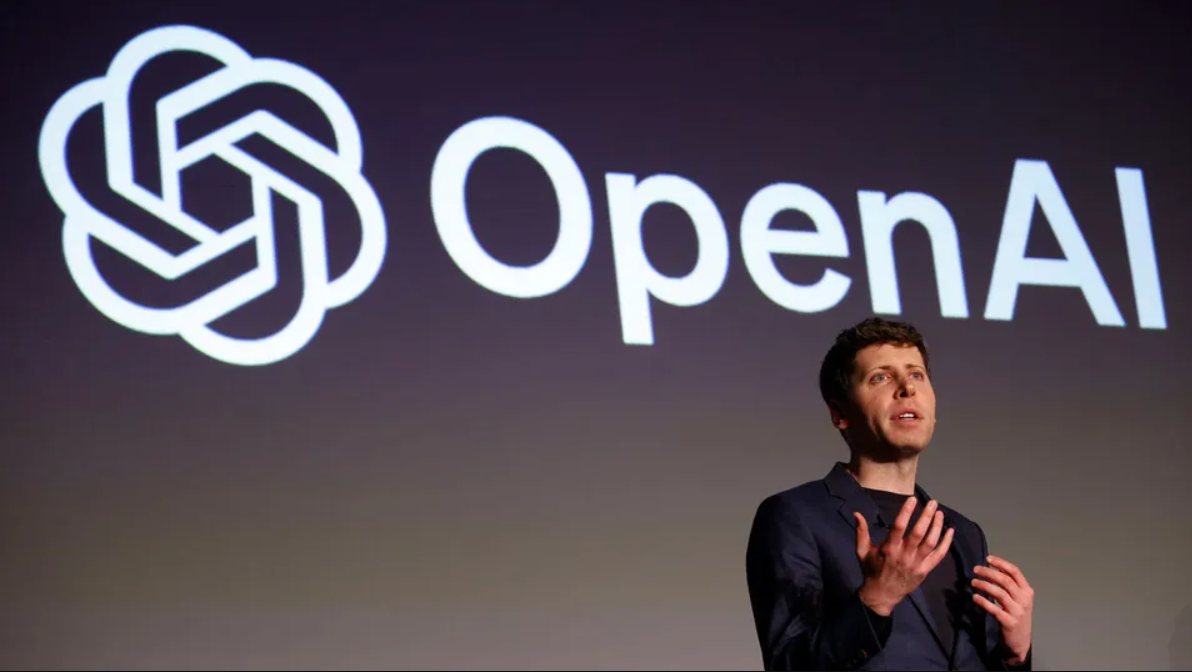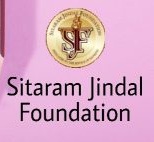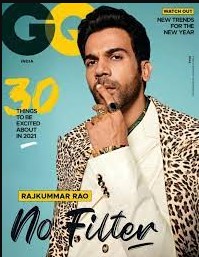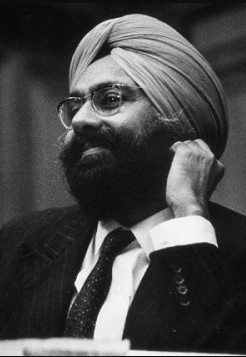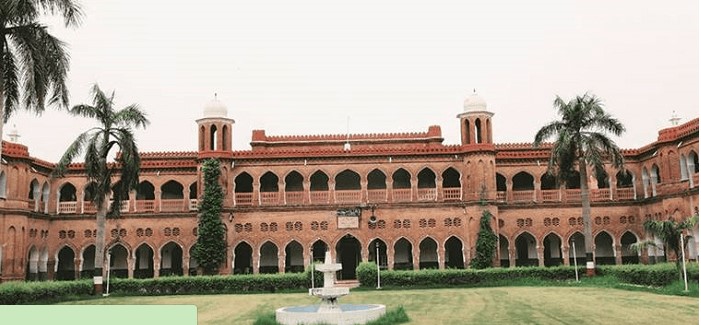
The university grew out of the work of Sir Syed Ahmad Khan, the great Muslim reformer and statesman, who in the aftermath of the Indian War of Independence of 1857 felt that it was important for Muslims to gain education and become involved in the public life and government services in India. Raja Jai Kishan helped Sir Syed in establishing the university
The British decision to replace the use of Persian in 1842 for government employment and as the language of Courts of Law caused deep anxiety among Muslims of the sub-continent. Sir Syed saw a need for Muslims to acquire proficiency in the English language and Western sciences if the community were to maintain its social and political clout, particularly in Northern India. He began to prepare a foundation for the formation of a Muslim University by starting schools at Moradabad (1858) and Ghazipur (1863). His purpose for the establishment of the Scientific Society in 1864, in Aligarh, was to translate Western works into Indian languages as a prelude to prepare the community to accept Western education and to inculcate scientific temperament among the Muslims. The intense desire to ameliorate the social conditions of Indian Muslims led Sir Syed to publish the periodical, 'Tehzibul Akhlaq' in 1870.
On 7 January 1877, Sir Syed founded the Muhammadan Anglo-Oriental College in Aligarh and patterned the college after Oxford and Cambridge universities that he had visited on a trip to England. His objective was to build a college in tune with the British education system but without compromising its Islamic values. Sir Syed's son, Syed Mahmood, who was an alumnus of Cambridge prepared a proposal for an independent university to the Muhammadan Anglo-Oriental College Fund Committee upon his return from England in 1872. This proposal was adopted and subsequently modified. Syed Mahmood continued to work along with his father in founding the college.
It was one of the first purely residential educational institutions set up either by the government or the public in India. Over the years it gave rise to a new educated class of Indian Muslims who were active in the political system of the British Raj. When viceroy to India Lord Curzon visited the college in 1901, he praised the work which was carried on and called it of "sovereign importance".
It was also around this time that a movement began to have it develop into a university. To achieve this goal, expansions were made and more academic programs added to the curriculum of the college. A school for girls was established in 1907. By 1920 the college was transformed into the Aligarh Muslim University.
Sir Syed breathed his last on March 27, 1898 and was buried in the premises of the university mosque in the Sir Syed Hall, AMU
The Founder
Sir Syed Ahmad Khan, one of the architects of modern India was born on October 17, 1817, in Delhi and started his career as a civil servant.
The 1857 revolt was one of the turning points in Syed Ahmed's life. He clearly foresaw the imperative need for the Muslims to acquire proficiency in the English language and modern sciences, if the community were to maintain its social and political clout, particularly in Northern India.
He was one of those early pioneers who recognized the critical role of education in the empowerment of the poor and backward Muslim community. In more than one ways, Sir Syed was one of the greatest social reformers and a great national builder of modern India. He began to prepare the road map for the formation of a Muslim University by starting various schools. He instituted Scientific Society in 1863 to instill a scientific temperament into the Muslims and to make the Western knowledge available to Indians in their own language.
The Aligarh Institute Gazette, an organ of the Scientific Society, was launched in March 1866 and succeeded in agitating the minds in the traditional Muslim society. Anyone with a poor level of commitment would have backed off in the face of strong opposition but Sir Syed responded by bringing out another journal, Tehzibul Akhlaq which was rightly named in English as 'Mohammedan Social Reformer'
On 24 May 1875, Sir Syed founded the Madarsatul Uloom in Aligarh and patterned the MAO College after Oxford and Cambridge universities that he went on a trip to London. His objective was to build a college in line with the British education system but without compromising its Islamic values.
He wanted this College to act as a bridge between the old and the new, the East and the West. While he fully appreciated the need and urgency of imparting instruction based on Western learning, he was not oblivious to the value of oriental learning and wanted to preserve and transmit to posterity the rich legacy of the past. Dr. Sir Mohammad Iqbal observes: "The real greatness of Sir Syed consists in the fact that he was the first Indian Muslim who felt the need of a fresh orientation of Islam and worked for it -- his sensitive nature was the first to react to modern age".
The aim of Sir Syed was not merely restricted to establishing a college at Aligarh but at spreading a network of Muslim Managed educational institutions throughout the length and breadth of the country keeping in view this end, he instituted All India Muslim Educational Conference that revived the spirit of Muslims at the national level. The Aligarh Movement motivated Muslims to help open a number of educational institutions. It was the first of its kind of such Muslim NGO in India, which awakened the Muslims from their deep slumber and infused social and political sensibility into them.
Sir Syed contributed many essential elements to the development of the modern society of the subcontinent. During Sir Syed's own lifetime, 'The Englishman', a renowned British magazine of the 19th century remarked in a commentary on November 17, 1885: 'Sir Syed's life "strikingly illustrated one of the best phases of modern history". He died on March 27, 1898, and lies buried next to the main mosque at AMU.
Vision :
To be a leading and vibrant institution of excellence in teaching, research and innovation to achieve the national goals of a self-reliant, technologically strong and modern India and build an integrated modern system of education, in accordance with the New Education Policy for sustainable development of society and better future for all.
Mission :
- To reinvent the university by setting the highest benchmarks of performance and leading by example.
- To foster a collaborative academic environment for the promotion of critical and creative thinking.
- To incentivize an environment for attracting and retaining the best talents
- To develop an ethical and committed cadre of employees
- To provide transformative, holistic and value-based immersive learning experiences to students.
- To contribute meaningfully in solving pressing societal problems and well-being of the people.
- To be a hub of original productive research and innovative thinking.



